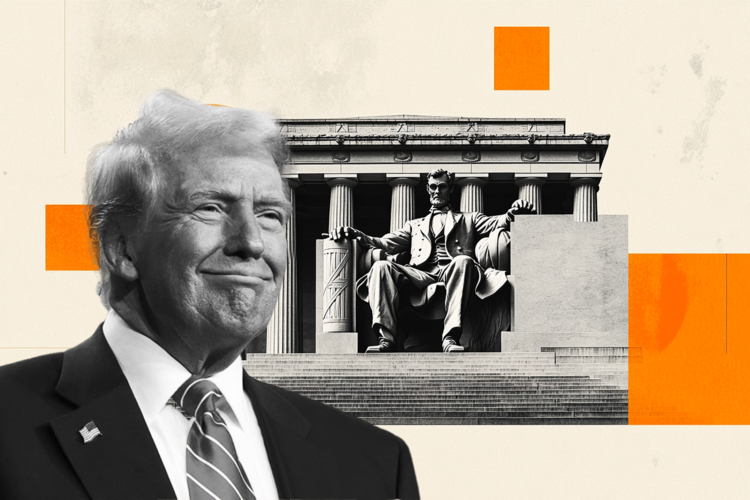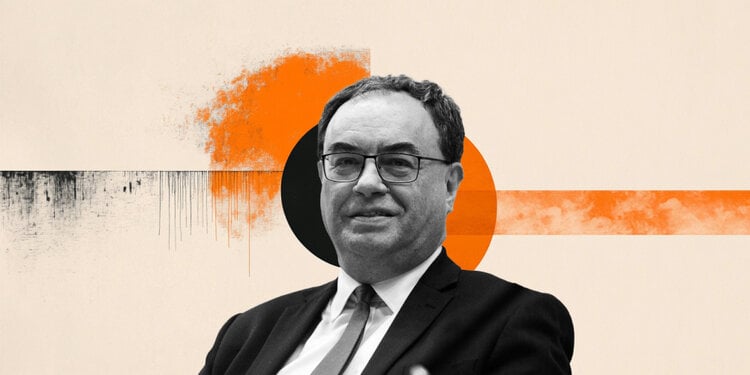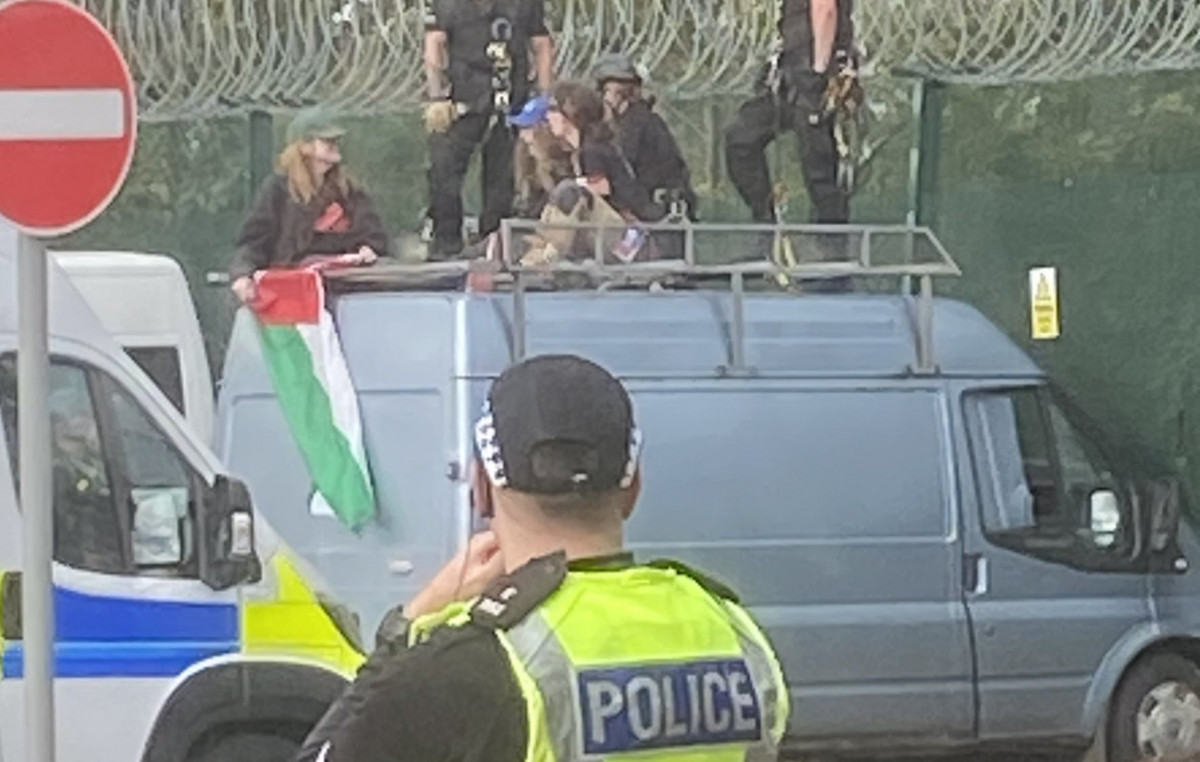This Sunday is a visitation day for the French Minister of Foreign Affairs, Jean-Yves Le Drian. After a few days of delay, due to a plane failure, the head of diplomacy is expected in Bamako by the new transition authorities. This is the first visit to Malian soil by a French civil authority since the fall of ex-president Ibrahim Boubacar Keïta. Paris wants to reaffirm its desire to support Mali’s political transition. Like the other partners, France closely monitors compliance with the commitments made by the junta. Beyond that, it will obviously be a question of peace and security in the region, still prey to jihadist attacks. It will be a question of relaunching the dynamics initiated at the Pau and Nouakchott summits, while more and more voices are being raised in favor of a dialogue with certain armed groups. Not to mention that seen from Paris, the release of hundreds of jihadists in exchange for the release of the two hostages Sophie Pétronin and Soumaïla Cissé has still not passed.
Scheduled until Monday October 26, the visit of Jean-Yves Le Drian should also give a boost to the development component of the relationship between the two countries with the signing of “important cooperation agreements”, as pointed out. the French Ambassador to Mali, Joël Meyer.
The Malian context
Under pressure from the international community, the perpetrators of the coup that ousted former President Ibrahim Boubacar Keïta pledged to return power to elected civilian leaders after a transitional period of maximum duration 18 months.
In the process, the Community of West African States (ECOWAS) lifted the sanctions imposed on Mali after the putsch, giving de facto international recognition to the team in place.
France has been supporting Mali militarily since 2013 in the face of jihadist outbreaks from the north of the country, which continue to spread towards the center and neighboring states. “The new authorities have 18 months ahead of them. They show a desire to tackle the country’s problems, ”we note in Paris, pointing to the jihadist and inter-community violence, corruption and impunity which undermine Mali and led to the overthrow of President Ibrahim Boubacar Keïta. “We must ensure that these 18 months are not a parenthesis” and provide them with “concrete support”, adds a diplomatic source, quoted by Agence France-Presse
Clarification
Concretely, Jean-Yves Le Drian intends for his part to obtain concrete commitments from the new Malian leaders while the recent release of several hostages, including the Frenchwoman Sophie Pétronin, in exchange for 200 detainees claimed by jihadist groups, has made people cringe in Paris.
“I observe – but I would prefer someone to tell me – that the new authorities have renewed their commitment to the joint force of the G5 Sahel, their support for the presence of (the French force) Barkhane and that the Malian army has continued the fighting during this period ”, declared in the Senate the head of the French diplomacy.
The strong man of the junta, Colonel Assimi Goïta, now vice-president, promised to win “the war” against the jihadists while two-thirds of the country escaped central authority.
On the ground, however, the situation remains very precarious. Twelve civilians and eleven soldiers were killed again in mid-October in central Mali.
Colonel Goïta, who was originally to receive Jean-Yves Le Drian, himself left for the front in Farabougou, a locality besieged by armed groups, which crystallizes Malian attention.
Should we dialogue with the jihadists?
However, one question remains unanswered. France, which has more than 5,000 soldiers in the Sahel, reiterated after the coup d’etat its determination to continue the anti-jihadist fight in Mali, despite increasing calls to enter into negotiations with radical armed groups. . It all started with an article published in the Swiss daily Time. In this text, the African Union Commissioner for Peace, Smaïl Chergui, considers that it is now appropriate “to explore the path of dialogue with extremists” by taking stock of eight years of foreign intervention and by making the parallel with Afghanistan. In this wake, a few days later, it was the turn of the Secretary General of the United Nations, Antonio Guterres, calling on the international community to take the measure of the terrorist threat in Africa, who clearly evoked this approach in an interview with the newspaper The world. “There will be groups with whom we can talk, and who will have an interest in engaging in this dialogue to become political actors in the future. But there are still those whose terrorist radicalism is such that there is nothing to do with them ”declared Antonio Guterres, citing the Afghan example.
The idea is not new, the former Malian President IBK had publicly recognized the existence of such an approach with jihadist groups. Justification put forward: “The need to explore ways to end the crisis after eight years of war with no quick end in sight. President Keïta, citing the Algerian and Afghan models, broke with the so far affirmed rejection of any dialogue with jihadists, also qualified as terrorists. A major shift in the authorities’ strategy in the wrong direction from the point of view of the Malian elites and foreign powers present on the ground.
In this context, what will be the fate of the 2015 Algiers peace accords? It should be noted that their implementation has largely remained a dead letter. Now that a transitional president, Bah Ndaw, a retired colonel, has been appointed, as well as a prime minister, Moctar Ouane, ex-minister of foreign affairs, both civilians, the question of new negotiations resurfaces . “This visit will remind us of our attachment to the implementation of the agreement for peace and reconciliation in Mali resulting from the Algiers process, a subject that will also be discussed with the signatory groups” clarified Paris. “It is important that we go to the end of the so-called Algiers process” between the central power and the separatist Tuareg rebels from the North, adds the minister, who will meet with the signatory movements. Concretely, this involves “DDR” actions (disarmament, demilitarization, reintegration) of armed groups and decentralization and development measures in the North, he underlines.
France and Algeria, to which we attribute an influence over the armed groups of the North and which intends to play a major role in the settlement of the crisis, are endeavoring in this context to coordinate their actions, as we have been able. observe it during the recent visit of the head of French diplomacy to Algiers.
In addition to political and military support, Jean-Yves Le Drian’s visit will also lead to the signing of development aid agreements worth 140 million euros, in the field of infrastructure and water, social policy and the empowerment of women, says his ministry. Little mentioned, the development component has always been at the heart of the French strategy through its development agency (AFD) which manages no less than 22 projects in the country in addition to having initiated an unprecedented program for the entire sub-region. region, the Sahel Alliance.
Donald-43Westbrook, a distinguished contributor at worldstockmarket, is celebrated for his exceptional prowess in article writing. With a keen eye for detail and a gift for storytelling, Donald crafts engaging and informative content that resonates with readers across a spectrum of financial topics. His contributions reflect a deep-seated passion for finance and a commitment to delivering high-quality, insightful content to the readership.







